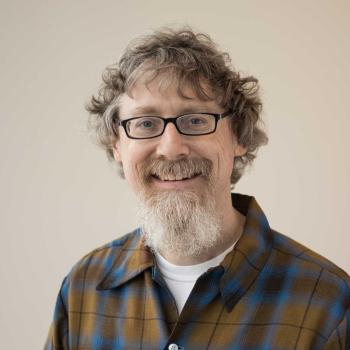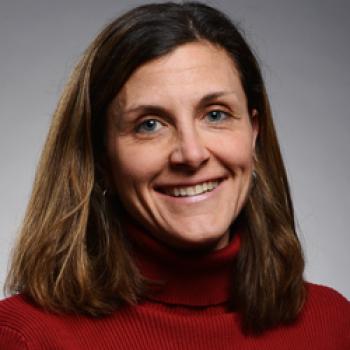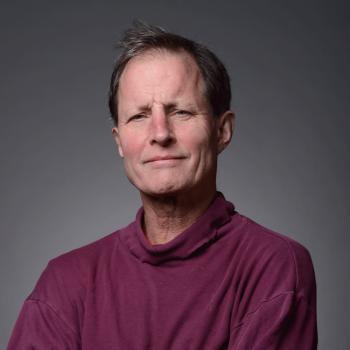Bachelor's in Sustainability Studies, BA
The first sustainability bachelor’s degree in the Chicago area, this program prepares graduates to tackle the sustainability problems of the 21st century. Using insights and analytic methods from science, policy and environmental justice, students explore natural and social ecosystems, identify national and international implications of sustainability issues, and apply their knowledge on behalf of campus and community projects.
Sustainability majors can also participate in the Sustainability Studies, BA/MPA Public Administration Accelerated Program leading to a BA in Sustainability and a Master of Public Administration degree. The program allows students to take three graduate-level courses as part of their undergraduate degrees. Once students are admitted to the MPA, the courses will apply toward completion of the MPA degree.
Why Roosevelt for your Bachelor's
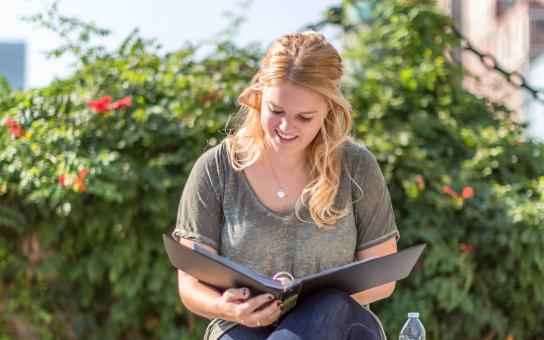
Chicago Is Your Campus
Study and do research on-site at urban farms, nature centers and world-renowned museums; partner with students and faculty on city-wide and regional sustainability projects; and take advantage of myriad hands-on learning and sustainability-related internship opportunities that can enhance career options.
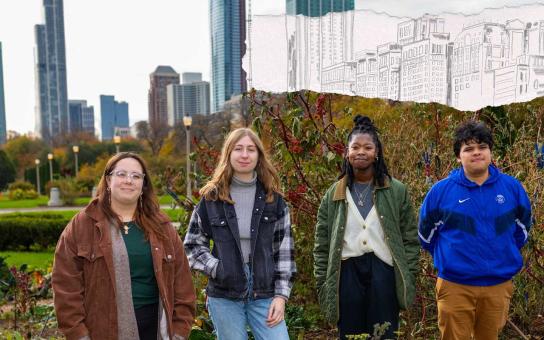
Student leadership
Take leadership roles in campus- and community-based projects to make Roosevelt a more sustainable university, including growing food in our rooftop garden and planning Earth Month activities and events.
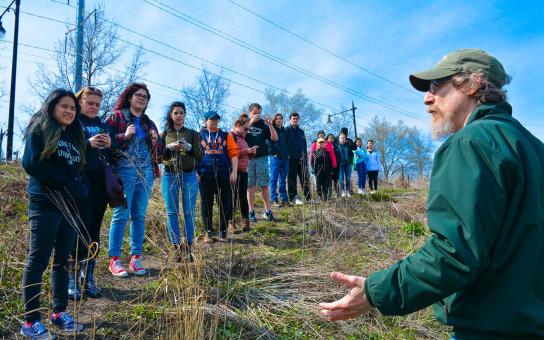
Flexible Coursework and Supportive Faculty
Students can take courses in our LEED-Gold and National Historic Landmark Chicago Campus buildings as well as online; either way, you'll learn from expert faculty from a wide variety of disciplines in the natural sciences, social sciences and humanities.
“I never pictured myself getting a job in corporate sustainability, but after meeting people in that area, I realized that a lot of people care about the same things I care about. I’ve gotten to meet so many people and work with people from all over the world, which is exactly what I wanted to be doing.”
Alison Elzinga, BA ’21
Human Rights Specialist, Archer Daniels Midland
